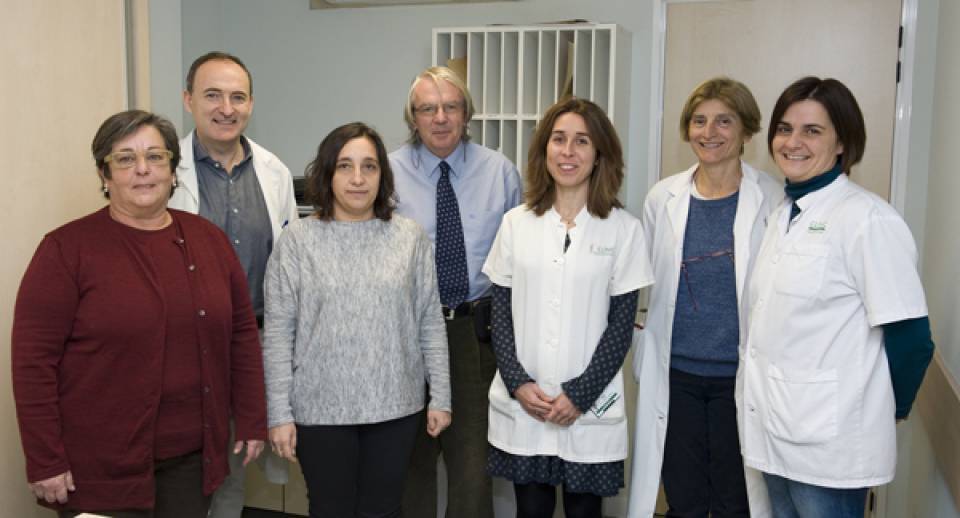According to World Health Organization (WHO), 37 million people living with HIV worldwide and there are more than 2 million new infections each year. Although numerous biomedical HIV prevention strategies proved to be successful these are difficult to sustain long-term. A vaccine still represents the most effective public health tool for stopping this epidemic.
EHVA is a partnership coordinated by Professor Yves Lévy, CEO of the French National Institute of Health and Medical Research (INSERM) and Prof. Giuseppe Pantaleo, Chief of the Laboratory of AIDS Immunopathogenesis at the Centre Hospitalier Universitaire Vaudois (CHUV), University of Lausanne, Switzerland. The EHVA will develop a robust process to help selecting and developing therapeutic and preventative vaccine candidates, from their discovery and manufacture till its first clinical trials in humans.
The goal is to develop novel vaccine candidates to treat HIV at a prophylaxis and therapeutic level. The strategy of a prophylactic vaccine is focused on developing vaccine prototypes and a vaccine regimen able to obtain and improve cell and humoral (generation of antibodies) immune response against HIV. “Under these conditions, if a person would come in contact with the virus, would not get the infection”, explains Dr Josep M. Gatell, senior consultant of the Infectious Diseases Department at Hospital Clínic. The therapeutic vaccine approach will study prototypes that contribute to develop a functional cure: “the capacity of controlling HIV replication without needing a retroviral treatment”, points out Dr Gatell.
Professor Lévy, Coordinator of EHVA, explains that, "beyond the scientific excellence of the different teams involved in this very ambitious project, EHVA will structure HIV vaccine Research in Europe via its 39-partner alliance pooling their expertise and know-how around an ambitious 5-year work plan. We are very grateful for the financial support provided by the European Commission and the Swiss government that will enable us to implement this work plan".
Professor Pantaleo, Scientific Co-coordinator of EHVA, adds, "EHVA represents a significant boost for the HIV vaccine research in Europe. It not only gives us the opportunity to accelerate the development of a number of novel vaccine candidates, but more importantly it enables us to develop tools for better understanding of the human immune responses to vaccines and how that is associated with vaccine efficacy”.
Dr. Ruxandra Draghia-Akli, Director of the Health Directorate at the Directorate-General for Research and Innovation of the European Commission points out: " EU funded research offers a triple win: it promotes European scientific excellence and global collaborations, helps to develop novel prophylactic and therapeutic vaccine candidates and enhances European competitiveness. The Commission is pleased to support the EHVA project as part as its efforts to overcome the hurdles of vaccine development and to reach the goal of an AIDS-free world".
EHVA is a 5-year project (no. 681032) starting on January 2016, funded by the European Union’s Horizon 2020 Research and Innovation Programme. In addition to this project, the same team from IDIBAPS and Hospital Clínic take part in other two projects: they coordinate iHIVARNA, a project funded with 6 million euros by the European Commission within the 7th Framework Programme, and which is focused on the development of therapeutic vaccines; also, they are involved in the EAVI project, which is part of the European Commission Framework Programme for Research and Innovation (Horizon2020), funded with 23 million euros and whose objective is to develop preventive HIV vaccines.

